Freedom Revisited
As many of you know, just last week I returned from a mind blowing trip to India. We travelled there to visit Calcutta, the city where my father grew up, and where his family had lived for three generations.
The visit was spectacular, emotional and brimming with beauty. It was also a sobering reminder of inequality and the fortunes - and misfortunes - of the worlds we are born into. We had many intimate but short lived encounters that are now etched on our hearts. We saw children living in the most desperate of conditions, limited by the history of their family, the name of their caste, the effect of government policy and so many other systemic factors. As I travelled through their cities, with the liberty to return to my home and to raise my girls in a place that affords them strikingly different welfare, liberty and choice over their futures, I felt the deep set guilt of being “free” while others are not. To look the young face of poverty in the eye, and not know how to correct the imbalance, causes pain at the root part of oneself that understands we are all one.
I am thinking a lot about the fortune and blessing of being able to recall a story of slavery, but to exist in a time and a country in which I am free. Or as the Haggadah tells us "It was not our ancestors alone who God redeemed, rather God redeemed us with them” - we believe we are still accompanied by Him and continue to experience some form of redemption, even in the present moment.
Of course, the Freedom we discuss on Pesach is not just to be free of constraints. It is a liberty of body, mind and soul, in which we are able to find synergy between the material of the physical world and the pursuits of the spirit. It is a freedom that comes when these two polar elements are in harmony, using one another to elevate and bring meaning to every experience. But this idyllic pursuit, began for us with the Exodus from Egypt. Witnessing others living in any similar predicament still today, makes me want to harness my freedom and use this awesome gift it in a way that befits it.
This year at the seder table I will be asking myself, what am I going to do with my freedom?
The Haggadah and story of the Exodus take us on a sensory journey. The prayer “Dayenu” reminds us of our blessings step by step. We are a people enslaved. Our years of suffering end as we witness the miraculous. We are taken out of Egypt by G-d himself. We are awestruck as we receive the Torah through Moses. We become desert dwellers, nomads, tambourine dancers who journey behind the movement of a Divine cloud. We gradually absorb the carved Hebrew letters of G-d’s word into our being, sure as the impressions of the harsh desert sun on our skin. We wander for forty years. Forty years of lesson learning, of heart opening, of absolute surrender. And then we arrive home. We arrive to our land that was promised by G-d to Abraham.
The Haggadah is our collective identity. It is the story of our growing together, our merging, our oneness. The memory of the Exodus is the anchor we come back to day after day in our prayers and year after year at the Seder table.
But the Haggadah has no firm ending .We are still living out the rest of the story, and the next chapter is individual. Where the Haggadah leaves off is where our unique identities begin.**
Leaving Egypt was the forming of a nation. We were given laws to live by and a story to know ourselves by. We hold these in our hearts and go out into the world, each of us, to do something with these gifts.
What will we do with the blessing of our freedom?
What will we do with the wisdom of our Torah?
How will we experience freedom for both our bodies and our souls in unison?
The Seder ends, but the fine red thread that connects every one of us to that event of the Exodus, still exists. It doesn’t tug, but it beckons each one of our souls to remember, so that we are inspired to do something meaningful with these gifts in the present.
May we deeply understand the blessings of our incarnation, may we embrace them in all their potential and may all beings come to know the meaning of freedom.
Chag Pesach Sameach!
Love,
Micaela
**The night following the Seder we begin counting the Omer. The Omer is a seven week period that ends with Shavuot - the day on which the Jewish people received the Torah. It is a period of personal spiritual refinement.

